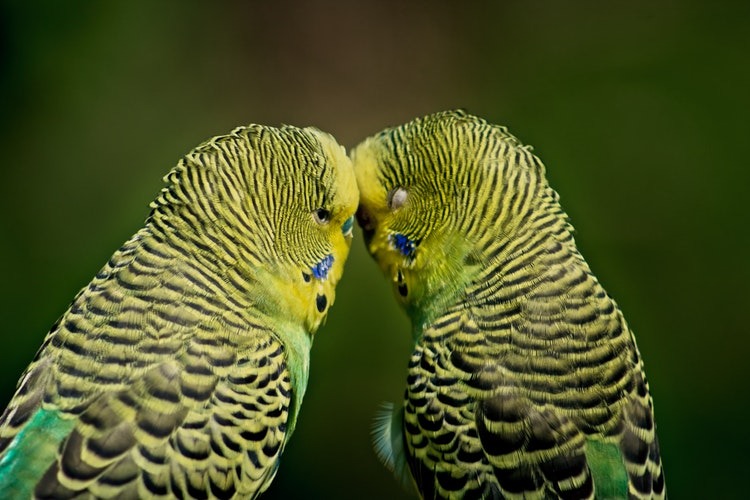Could monogamy be in your genes?
For us humans, it’s difficult to imagine a world in which monogamy is not the norm. However, this is not the case for much of the animal kingdom. In fact, monogamy is a rather rare trait in nature, as only 3-5% of mammal species form monogamous, lifelong bonds. So why, then, do humans, amongst a select few other species, seem to have a tendency to form said bonds?
A recent study from scientists at the University of Texas, as well as several other institutions, attempted to shed some light on this question. By examining the DNA of 10 species, researchers found 24 genes that they believe to be associated in some way with monogamous traits. The researchers say that by tuning the activity level of these genes, it has been possible for evolution to steer certain animals towards monogamous lifestyles.
By examining the DNA of 10 species, researchers found 24 genes that they believe to be associated in some way with monogamous traits
The research was performed by identifying five animal species that typically displayed monogamous behaviour, and identifying a similar, albeit non-monogamous counterpart species for each of these in order to compare gene expression levels, with the hope of identifying responsible genes. In this case, monogamy was defined as animals that paired for one of more mating seasons, and that shared certain parental duties including protection from predators (however, it is worth noting that there are several accepted definitions of monogamy). The species chosen comprised a diverse section of the animal kingdom, and included mice, frogs, cichlid fish, and more. It was also ensured that each animal had evolved monogamous traits independently, and not inherited them from a common ancestor – an evolutionary phenomenon known as ‘convergent evolution’.
Analysis of excised brain tissue taken from the animals identified 24 genes whose activity was significantly increased or decreased in monogamous species when compared to their promiscuous counterparts. In full, the team identified several hundred genes whose activity could be related to monogamy, however the 24 identified genes were thought to be the most likely candidates in the search for monogamy genes. These genes are known to be involved with multiple other processes, including memory, learning, and neural development. This is not to say that these genes are, with certainty, responsible for monogamous behaviour at all, rather, this is the so called ‘first rung on the ladder’ towards a full genetic understanding of the phenomenon.
These genes are known to be involved with multiple other processes, including memory, learning, and neural development
Initially it seems odd that animals would display monogamous behaviour at all. Surely the best strategy for animals looking to spread their genes is to be promiscuous and have as many offspring as possible with as many different partners as possible. It seems that in certain cases, evolution has deemed it more favourable for animals to share the burden of raising their offspring in a monogamous partnership, and this gives the animals’ genes the best chance of surviving through future generations. Such is the complex balancing act of evolution; its results are often surprising.
Furthermore, the fact that this study revealed that monogamy may be controlled by regulating expression levels of genes, rather than just by the genes themselves, implies that these animals may be able to shift more towards or more away from monogamous behaviour depending on the demands of their ecosystem and environment.
Surely the best strategy for animals looking to spread their genes is to be promiscuous and have as many offspring as possible with as many different partners as possible
It is not yet known what implications this study has for humans; however, researchers did not rule out that it may one day lead to the development of a ‘monogamy test’ for humans. However, they also cautioned that their ecological definition of monogamy was not necessarily the same as the human definition of faithfulness.

Comments